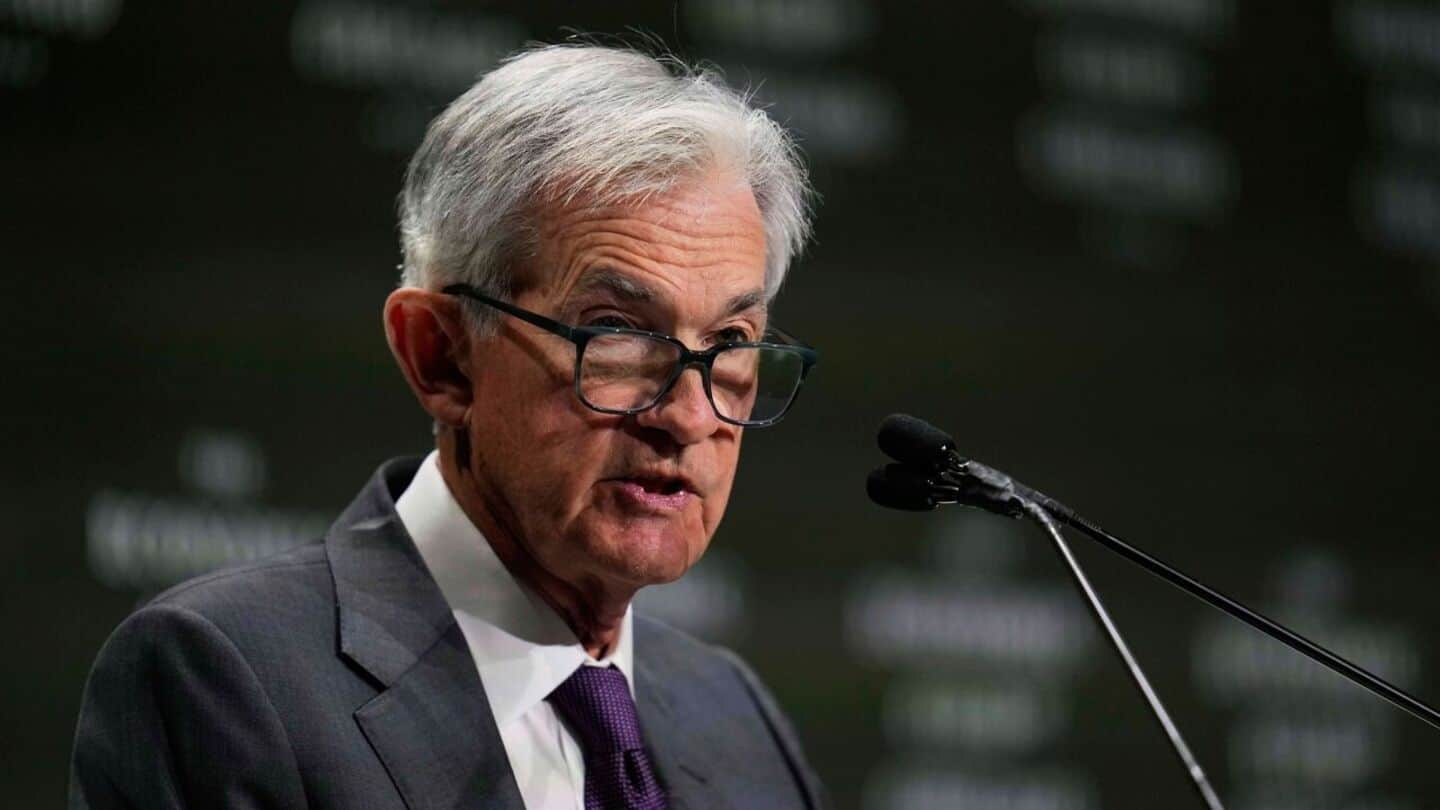
'Weaker growth, more job losses': US central bank chief warns
What's the story
Jerome Powell, the Chair of the United States Federal Reserve, has voiced his worries over the possible economic consequences of President Donald Trump's tariff policies.
Addressing an event hosted by the Economic Club of Chicago, Powell said that these "very fundamental policy changes" are unprecedented in modern history and much larger than expected initially.
He cautioned that it could result in weaker growth and higher unemployment rates in America.
Economic impact
Tariff policy changes could challenge Fed's dual mandate goals
Powell emphasized that the magnitude of tariff hikes declared till now is much greater than expected.
He cautioned that it might drive the economy toward weaker growth, higher unemployment, and inflation at the same time—a difficulty the Fed hasn't encountered in almost half a century.
"We may find ourselves in the challenging scenario in which our dual-mandate goals are in tension," Powell said at the event.
Fed's stance
Powell affirms Fed's independence amid political pressure
Despite Trump's influence, Powell assured that the Federal Reserve will continue to remain independent and free from political pressure.
"Our independence is a matter of law," he said, adding that Trump's statements didn't affect the central bank.
"We're never going to be influenced by any political pressure... But we will do what we do strictly without consideration of political or any other extraneous factors," he said.
Market reaction
US stocks tumble following Powell's speech
After Powell's comments, US stocks took a hammering. The Dow dropped by 700 points or 1.7%, while the S&P 500 lost 2.5%.
The tech-heavy Nasdaq Composite also plunged 3.5%.
The Dow Jones is one of the oldest and most commonly followed equity indices.
Powell also tackled inflation, while predicting that "unemployment is likely to go up as the economy slows."
Inflation forecast
Powell predicts higher inflation due to tariffs
In March 2025, the U.S. unemployment rate was 4.2%, a slight increase from 4.1% the previous month, according to the Bureau of Labor Statistics.
"In all likelihood," there will be higher inflation, which will be the portion of the burden of tariffs "paid by the public," he added.
Powell assured prices will increase because of these tariffs, but remains unsure how much inflation there will be.
Economic challenge
Powell highlights challenges of dealing with unemployment and inflation
Powell admitted that high unemployment or inflation will hit communities, families, and businesses.
However, he stressed the tough position for the Fed in facing both unemployment and inflation at once.
"A tariff is like a negative supply shock... That makes both sides of the Fed's dual mandate worse at the same time," he said.